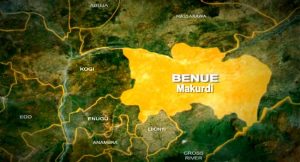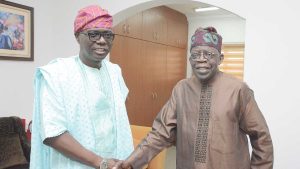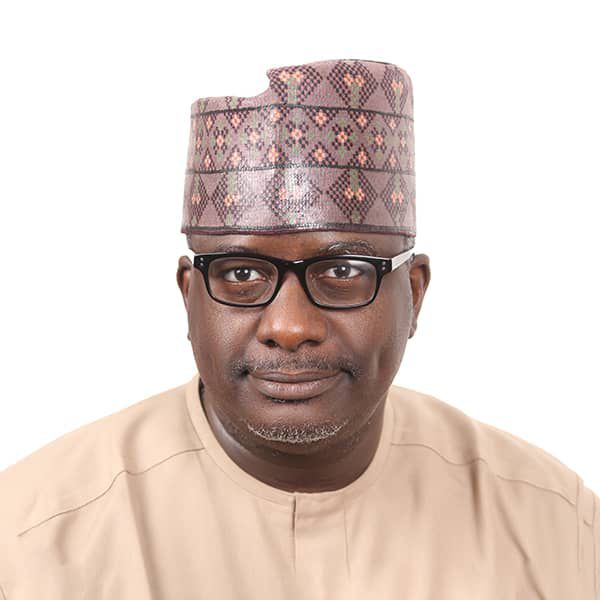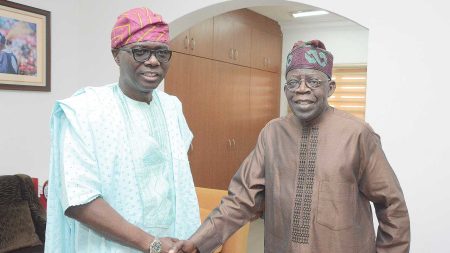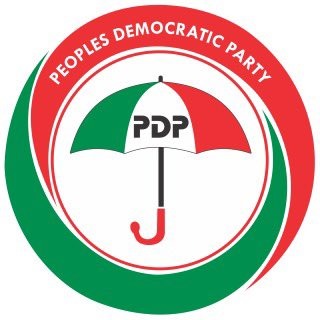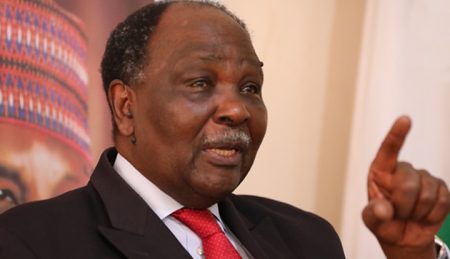Tanko Yakasai, the Director-General of the Tinubu Support Group, expressed unwavering confidence in President Bola Tinubu’s political prospects, asserting that the opposition coalition seeking to challenge Tinubu’s presidency in 2027 is destined for failure due to the deep-seated distrust Nigerians harbor towards its leaders. Yakasai, in a media interaction in Abuja, argued that the coalition members, having previously held positions of power, squandered their opportunities and failed to deliver on their promises. He pointed to the current administration’s efforts to rectify the damage caused by years of misgovernance under the Peoples Democratic Party (PDP), citing the alleged mismanagement of $16 billion earmarked for power infrastructure and the Halliburton scandal as prime examples. Yakasai emphasized that the coalition’s attempt to regain power is driven by personal ambition rather than a genuine desire to serve the people, a factor he believes will ultimately lead to its implosion due to internal conflicts and disagreements.
Yakasai further dismissed concerns about Nigeria becoming a one-party state due to recent defections from the opposition to the All Progressives Congress (APC), noting that such political realignments are a common occurrence in democratic systems. He underscored the Tinubu administration’s commitment to economic reform, highlighting the removal of fuel subsidies and the unification of the foreign exchange market as key achievements. These measures, according to Yakasai, are crucial steps towards stabilizing the Nigerian economy and addressing long-standing structural imbalances. He urged Nigerians to remain patient and supportive of the administration’s policies, assuring them that the benefits of these reforms will soon become evident in various sectors, including infrastructure development, healthcare, education, security, and overall economic improvement.
The core of Yakasai’s argument rests on the premise that the Nigerian electorate has grown disillusioned with the opposition’s leadership, recognizing their past failures and lack of credibility. He contends that the coalition represents a recycling of old politicians who have consistently prioritized personal gain over the welfare of the nation. Their attempts to present themselves as a viable alternative to Tinubu, Yakasai believes, will be met with skepticism and ultimately rejected by the Nigerian people. He draws a sharp contrast between the alleged failures of past administrations and the current government’s commitment to reform, portraying Tinubu as a transformative leader dedicated to fixing the damage caused by his predecessors.
Yakasai’s emphasis on the removal of fuel subsidies and the unification of the foreign exchange market as significant achievements underscores the Tinubu administration’s focus on economic restructuring. He presents these policies as bold and necessary steps to address deep-rooted economic challenges, arguing that they represent a departure from the unsustainable practices of the past. While acknowledging that these reforms may entail short-term difficulties, Yakasai assures Nigerians that they will ultimately lead to long-term benefits, including improved infrastructure, enhanced social services, and a more robust economy. His call for patience and continued support reflects the administration’s understanding of the potential for public anxiety during periods of economic transition.
The dismissal of concerns about a one-party state further reveals Yakasai’s confidence in the APC’s position. He portrays defections from the opposition as a natural consequence of the APC’s success and the opposition’s lack of direction. This perspective suggests that the APC views itself as the only viable political force in Nigeria, further strengthening Yakasai’s assertion that the opposition coalition poses no real threat to Tinubu’s presidency. He paints a picture of an opposition fragmented by internal divisions and lacking a coherent vision for the country, contrasting this with the APC’s purported unity and commitment to reform.
In essence, Yakasai’s message is one of unwavering support for President Tinubu and a firm belief in his ability to deliver on his promises. He portrays the opposition coalition as a desperate attempt by discredited politicians to regain power, while presenting Tinubu as a transformative leader who is steering Nigeria towards a brighter future. He bolsters this narrative by highlighting the administration’s economic reforms and urging Nigerians to trust in the long-term benefits of these policies. His confident pronouncements reflect the Tinubu administration’s determination to maintain its grip on power and shape the country’s political trajectory in the years to come.


